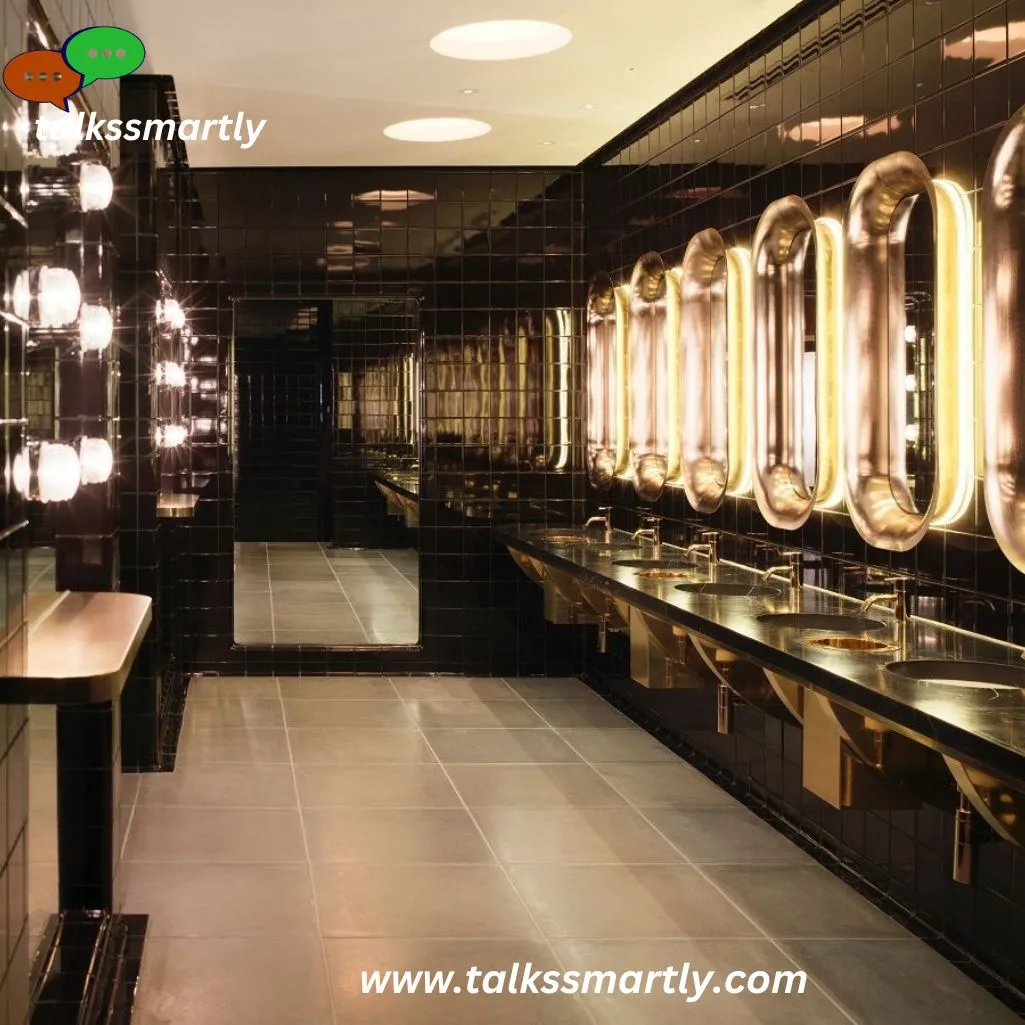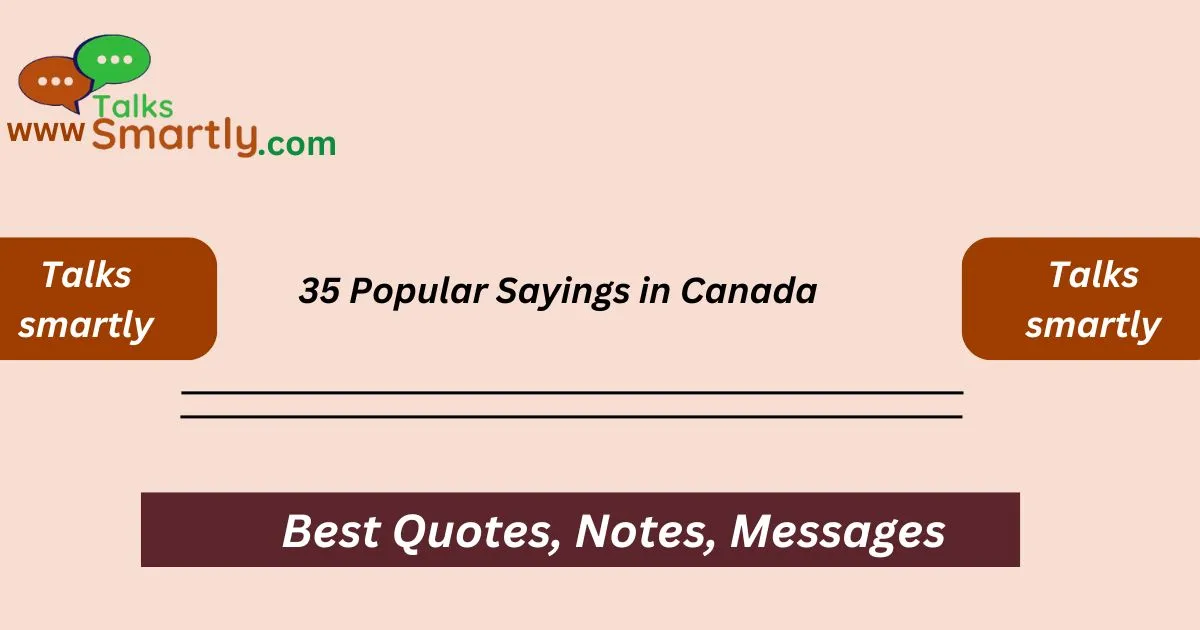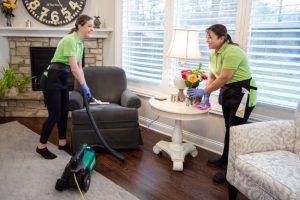“The unique and popular sayings in Canada that reflect its culture, humor, and way of life.”
Canada is known for its diverse culture, stunning landscapes, and friendly people. But what truly sets Canadians apart is their unique way of speaking. From coast to coast, the country is filled with phrases and sayings that reflect its rich heritage and distinct sense of humor.
Whether you’re chatting with locals in the Maritimes, the Prairies, or the bustling cities, you’re bound to hear some expressions that might leave you scratching your head.
In this article, we explore 35 popular sayings in Canada, breaking down their meanings and giving you a glimpse into the everyday language of Canadians. Get ready to learn some true Canadian lingo!
35 Popular Sayings in Canada
- Eh?
- Toque
- Double-double
- Loonie
- Two-four
- Canuck
- Kerfuffle
- Chesterfield
- Hydro
- Hoser
- Mountie
- Timbit
- Skookum
- Beauty
- Stag and doe
- Gitch
- Out for a rip
- Molson muscle
- Take off!
- Zed
- Snowbird
- Housecoat
- Screech-in
- Keener
- Hang a Larry
- Hang a Roger
- Hooped
- Runners
- Mickey
- Washroom
- Freezies
- The 6ix
- Give’r
- Klicks
- Eh, buddy!
1. Eh?
This iconic Canadian phrase is used to turn a statement into a question or seek agreement.
Example: “It’s really cold today, eh?”
2. Toque
A warm winter hat, essential for braving Canada’s cold winters.
Example: “Don’t forget your toque; it’s freezing out!”
3. Double-double
A coffee order with two creams and two sugars, popular at Tim Hortons.
Example: “I’ll have a double-double, please.”
4. Loonie
The Canadian one-dollar coin, named after the loon bird depicted on it.
Example: “I’ll give you a loonie for that candy.”
5. Two-four
Refers to a case of 24 beers, usually bought for long weekends or parties.
Example: “Let’s grab a two-four for the barbecue.”
6. Canuck
A friendly and informal term used to refer to Canadians.
Example: “He’s a proud Canuck.”
7. Kerfuffle
Means a minor fuss or disagreement.
Example: “There was a bit of a kerfuffle at the hockey game.”
8. Chesterfield

An old-fashioned Canadian term for a couch or sofa.
Example: “Let’s sit on the chesterfield and watch TV.”
9. Hydro
Used in Canada to refer to electricity.
Example: “My hydro bill was really high this month.”
10. Hoser
A playful insult referring to someone clumsy or unsophisticated.
Example: “Don’t be such a hoser, eh?”
11. Mountie
Short for Royal Canadian Mounted Police, Canada’s national police force.
Example: “Look, a Mountie is patrolling the parade.”
12. Timbit
A small doughnut hole sold at Tim Hortons.
Example: “Grab a box of Timbits for the road.”
13. Skookum
A word of Indigenous origin meaning strong or impressive.
Example: “That’s a skookum truck you’ve got there!”
14. Beauty
An exclamation of approval or admiration.
Example: “You got tickets to the game? Beauty!”
15. Stag and doe
A pre-wedding fundraising party, usually held in small towns.
Example: “We’re having a stag and doe this weekend.”
Best Responses for “Happy Canada Day”
16. Gitch
A casual term for underwear in parts of Canada.
Example: “I forgot to pack my gitch for the trip.”
17. Out for a rip
Means going for a casual drive or adventure.
Example: “We went out for a rip in the countryside.”
18. Molson muscle
A humorous term for a beer belly, referring to the Molson beer brand.
Example: “He’s starting to grow a bit of a Molson muscle.”
19. Take off!
An expression used to tell someone to go away or stop joking.
Example: “Take off! I don’t believe that story.”
20. Zed
The Canadian way of pronouncing the letter Z, differing from the American “zee.”
Example: “It’s spelled with a zed, not a zee.”
21. Snowbird
Refers to Canadians who travel south during the winter to escape the cold.
Example: “My grandparents are snowbirds; they spend winters in Florida.”
22. Housecoat
A term for a bathrobe, commonly used in Canadian homes.
Example: “She walked around the house in her housecoat all morning.”
23. Screech-in
A Newfoundland tradition where visitors drink a shot of screech rum to become honorary Newfoundlanders.
Example: “I got screeched in during my trip to Newfoundland.”
24. Keener
Someone who is overly eager or enthusiastic, especially in school or work.
Example: “He’s such a keener, always finishing assignments early.”
25. Hang a Larry
Canadian slang for making a left turn while driving.
Example: “Just hang a Larry at the next street.”
26. Hang a Roger
The opposite of hanging a Larry, meaning to turn right while driving.
Example: “Hang a Roger at the lights to get to the mall.”
27. Hooped
Means something is broken or in a bad situation beyond repair.
Example: “My car’s hooped, I’ll need a tow.”
28. Runners
The Canadian term for sneakers or running shoes.
Example: “Grab your runners, we’re going for a jog.”
29. Mickey
A small bottle of liquor, usually 375ml, commonly brought to parties.
Example: “He brought a mickey to the cabin last weekend.”
30. Washroom

The Canadian term for a bathroom or restroom.
Example: “Where’s the washroom in this restaurant?”
31. Freezies
Frozen flavored ice treats, popular in the summer.
Example: “Let’s grab some freezies to cool off.”
32. The 6ix
A nickname for Toronto, made famous by rapper Drake.
Example: “We’re heading to the 6ix for the weekend.”
33. Give’r
Means to put in maximum effort or go all out.
Example: “We were late, so we had to give’r to make it on time.”
34. Klicks
Slang for kilometers, often used to measure distance.
Example: “We’re about 10 klicks from the nearest town.”
35. Eh, buddy!
A friendly greeting or a way to get someone’s attention.
Example: “Eh, buddy! How’s it going?”
ANSWER TO KEY QUESTION
1. Why do Canadians say “eh” so much?
“Eh” is a versatile expression that Canadians use to seek agreement, soften a statement, or keep a conversation going.
2. What is the meaning of “double-double”?
It’s a term used when ordering coffee with two creams and two sugars, especially at Tim Hortons.
3. What does “Canuck” mean?
“Canuck” is an informal and affectionate term used to refer to Canadians.
4. What is a “two-four”?
A “two-four” refers to a 24-pack of beer, often bought for weekends or special occasions.
5. Why is a $1 coin called a “loonie”?
The Canadian $1 coin features an image of a loon, a common bird in Canada, hence the name “loonie.”
Conclusion
Canadian sayings are a delightful mix of cultural influences, capturing the humor, warmth, and uniqueness of the country. Whether it’s a casual “Eh?” or a fun “Out for a rip”, these expressions reflect Canada’s diverse geography, traditions, and relaxed way of life.
Incorporating these sayings into your conversations can help you better connect with Canadians and appreciate the local lingo. From the rugged wilderness of the West to the bustling cities in the East, these 35 sayings represent the charm and character that define Canadian culture.












